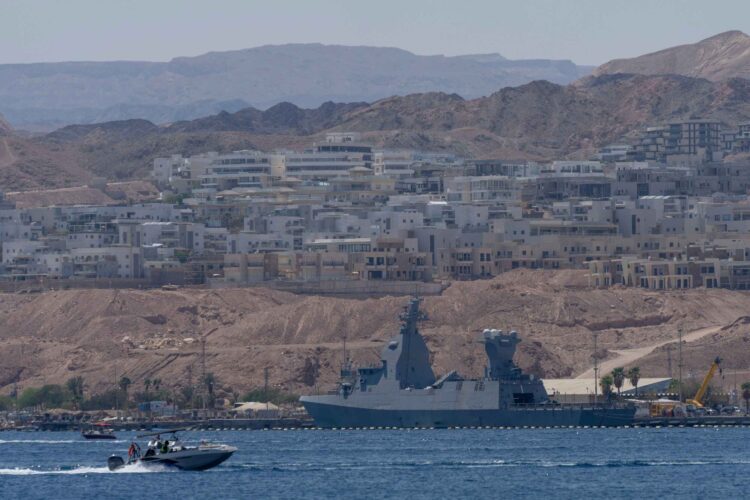An oil tanker off the coast of Yemen was attacked by Houthi rebels early Saturday morning. The Greek-owned tanker was on its way to China, having originated in Russia. The missile attack temporarily disabled the ship, and there are no known casualties, according to an AP report.
This report is another development in what has been named the “Red Sea shipping crisis.” Since the escalation of the Israel-Gaza conflict in late 2023, geopolitical tensions have been stoked across the region. In February 2024, the Houthis announced a ban on vessels linked to Israel, the United States, and the UK. The Houthis claim that they are doing so in support of Palestinians in Gaza, according to Al Jazeera.
Learn the benefits of becoming a Valuetainment Member and subscribe today!
The current Civil War in Yemen has been ongoing for almost 10 years and has led to famine, historical disease outbreaks, and countless civilian casualties. The war is primarily between the Supreme Political Council (backed by the Houthis) and the Republic of Yemen, which is broadly recognized internationally as the legitimate government.
Saudi Arabia led a coalition of forces to intervene in the conflict to reinstall President Hadi in March 2015. With the Houthis having ties to Iran, some have considered the Yemen conflict a proxy war between Saudi Arabia and Iran. During this time, the US maintained positive diplomatic relations with Saudi Arabia relative to Iran. In 2017, the Trump White House agreed to a $350 billion arms deal with Saudi Arabia, which provided them with essential resources for their interests in Yemen.
Earlier this year, the US and UK became increased their engagement in the Yemen conflict by directly attacking Houthi militants. The military action was said to be warranted due to the Houthi attacks on British and American ships.
Thirty percent of global container shipping is done through the Suez Canal, which requires ships to pass through the Red Sea by Yemen. This military conflict has caused ships to instead take routes around Africa, increasing costs immensely. JP Morgan estimated that “the disruptions could add 0.7 percentage points to global core goods inflation.”


















Add comment